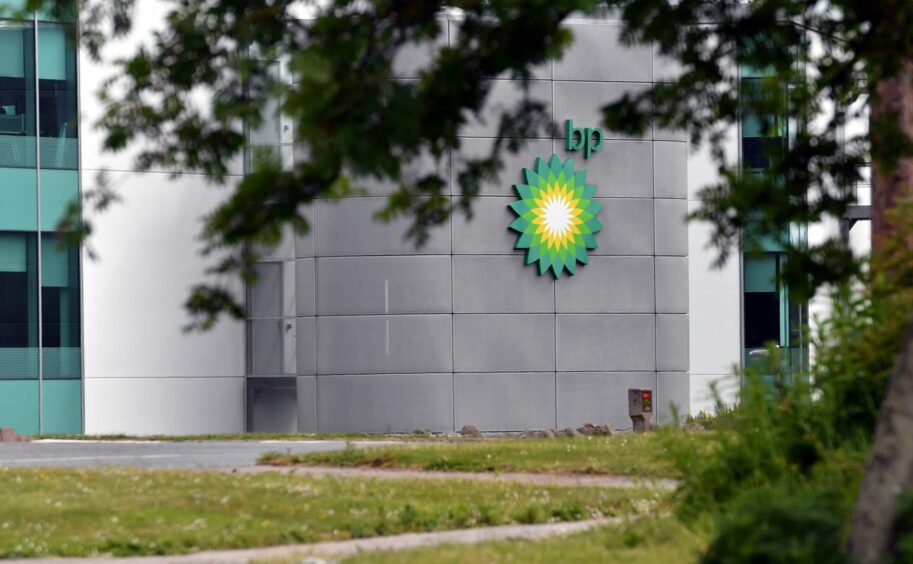
UK and US engineers are concerned over the long-term implications of BP’s recruitment drive for over 1,000 new staff in India in the coming years.
Under plans announced in January the company (LON:BP) is recruiting hundreds of new roles to build out “a major new centre for global technical and engineering expertise” dubbed the Technical Solutions India (TSI) division, based in Pune.
BP expects TSI to employ more than 400 people by the end of 2024 alone, with more than 50 positions currently being advertised on its local career portal.
The division will “continue to grow in the subsequent years” with the expectation that ranks could swell to more than 1,000 people within the decade.
But engineers elsewhere in the business say BP managers have not been clear on the long-term impact of plans for growth in TSI, and are concerned the move could lead to redundancies in other markets.
Helmed by Molyama Kromah who has led operations at the supermajor’s local joint venture with Reliance Industries, BP says TSI will add to its existing engineering and technical departments and deliver services for hydrocarbons and new energy businesses worldwide, including projects in the North Sea and the Gulf of Mexico.
Tasks handled by the department will span engineering, maintenance, optimisation, data processes, projects, and subsurface, though the company said it is looking at “other growth areas” as well.
It says the move will increase the “quality, speed and cost-effectiveness” of energy projects. Working hours for many of the advertised roles are based on India-UK shift patterns to “support business partners.”
In a January statement, SVP for BP Solutions Giovanni Cristofoli said the TSI expansion was “accelerating the transformation of how we do engineering in BP.”
The expansion marks the next phase of a process initiated in 2020, which saw the company centralise engineering resources within its BP Solutions department, which now supports work across its global operations.
‘Beginning of the end’?
Energy Voice understands plans for the TSI buildout were shared with staff at internal townhall meetings, but some attendees later voiced concerns over a lack of transparency of the company’s long-term plans.
One person said they feared the move is “the beginning of the end” for the UK and US arms of BP Solutions, and that the local workforces were “dejected” and had “lost trust” with company leadership.
BP said the opening of the new centre “does not reduce our ambition and commitment to the UK or US, where we have ambitious investment and growth plans.”
“As we develop and then grow TSI, we are committed to avoiding BP staff redundancies where possible.
“We will, of course, communicate any changes with our people, following local processes.”
Around 3,500 people work at the supermajor’s International Centre for Business & Technology (ICBT) at Sunbury-on-Thames near London, according to the company’s website, in roles that span engineering, upstream, downstream, renewables and other BP corporate functions.
The expansion in Pune follows a major round of Covid-related cost cutting at the energy giant in 2020, during which it axed some 10,000 roles globally – around 2,000 of which were thought to be in the UK.
But speaking at the company’s annual results last month CEO Murray Auchincloss said he didn’t want to repeat that process of restructuring.
“That was needed but really demanding on people and on the corporation. Some of those changes took a couple of years to enact in places like Europe,” he told analysts.
“So I don’t want to do a mass change of structure, I don’t think we need to either – however there are places where we are inefficient.”
However, he suggested the company would enact a “gradual” programme of change to reposition these unspecified portions of the business.
Recommended for you
